
The Mystique of the Dead Sea: Nature's Marvel in Jordan
The Dead Sea is a unique and fascinating destination located at the lowest point on Earth, more than 400 meters below sea level. This natural wonder is renowned for its high salt concentration, which allows visitors to effortlessly float on its surface. The water and mud of the Dead Sea are rich in minerals, making it a prime destination for those seeking therapeutic benefits and a rejuvenating experience. Surrounded by stunning desert landscapes, the Dead Sea is also a place of historical and cultural significance. Nearby, you can explore ancient sites such as the biblical cities of Sodom and Gomorrah, the fortress of Masada, and the Qumran caves where the Dead Sea Scrolls were discovered. This region offers a blend of natural beauty and deep history that captivates all who visit. In addition to its natural and historical allure, the Dead Sea area offers a range of modern amenities and luxurious resorts. Visitors can indulge in spa treatments, take part in wellness activities, or simply relax and enjoy the serene environment. The combination of unique natural features, rich history, and modern comforts makes the Dead Sea a must-visit destination in Jordan.
Local tips in Dead Sea
- Always bring sunscreen and apply it frequently; the sun is intense due to the low altitude.
- Avoid shaving before entering the water; the high salt content can cause irritation.
- Wear water shoes to protect your feet from the rough, salty seabed.
- Stay hydrated and drink plenty of water; the dry desert climate can be very dehydrating.
- Visit in the early morning or late afternoon to avoid the peak sun and heat.
The Mystique of the Dead Sea: Nature's Marvel in Jordan
The Dead Sea is a unique and fascinating destination located at the lowest point on Earth, more than 400 meters below sea level. This natural wonder is renowned for its high salt concentration, which allows visitors to effortlessly float on its surface. The water and mud of the Dead Sea are rich in minerals, making it a prime destination for those seeking therapeutic benefits and a rejuvenating experience. Surrounded by stunning desert landscapes, the Dead Sea is also a place of historical and cultural significance. Nearby, you can explore ancient sites such as the biblical cities of Sodom and Gomorrah, the fortress of Masada, and the Qumran caves where the Dead Sea Scrolls were discovered. This region offers a blend of natural beauty and deep history that captivates all who visit. In addition to its natural and historical allure, the Dead Sea area offers a range of modern amenities and luxurious resorts. Visitors can indulge in spa treatments, take part in wellness activities, or simply relax and enjoy the serene environment. The combination of unique natural features, rich history, and modern comforts makes the Dead Sea a must-visit destination in Jordan.
When is the best time to go to Dead Sea?
Iconic landmarks you can’t miss
Masada National Park
Uncover the rich history and stunning landscapes of Masada National Park, a UNESCO World Heritage site and Israel's iconic desert fortress.
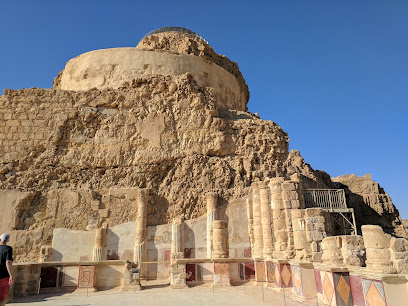
Amman Citadel
Discover the historical treasures of Amman Citadel, a UNESCO World Heritage site that showcases Jordan's rich cultural heritage and offers spectacular city views.
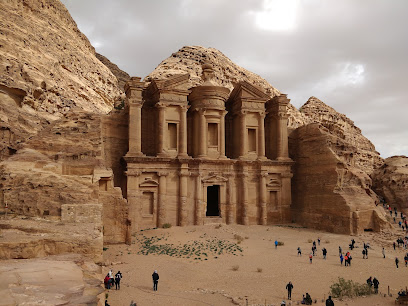
Crowne Plaza Jordan - Dead Sea Resort & Spa, an IHG Hotel
Experience the allure of the Dead Sea at Crowne Plaza Jordan, where luxury meets the healing power of nature.
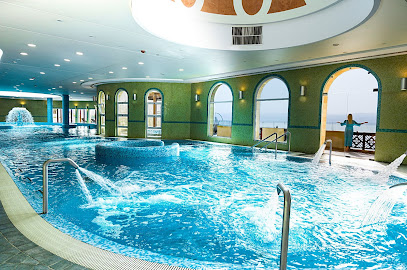
Kempinski Hotel Ishtar Dead Sea
Experience unparalleled luxury at Kempinski Hotel Ishtar Dead Sea, a stunning resort blending elegance with the natural beauty of the Dead Sea.

Kerak Castle
Discover the ancient majesty of Kerak Castle, a historical landmark in Jordan, showcasing stunning architecture and rich Crusader history.
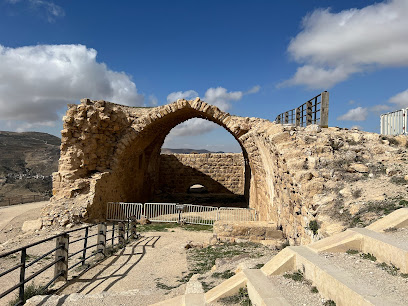
Ma'in Hot Springs
Experience the natural beauty and healing powers of Ma'in Hot Springs, a tranquil oasis in Jordan perfect for relaxation and rejuvenation.
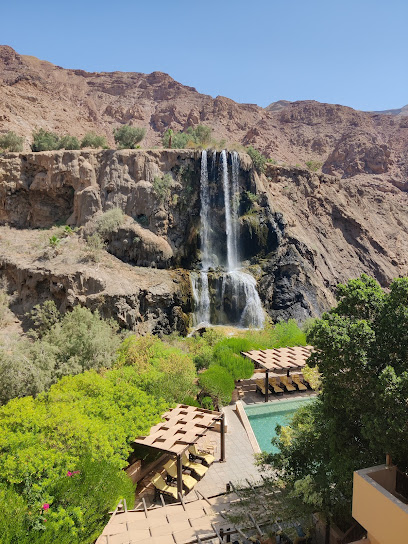
Holiday Inn Resort Dead Sea
Experience the luxury of the Holiday Inn Resort Dead Sea, where stunning views, exceptional comfort, and the therapeutic waters await your arrival.
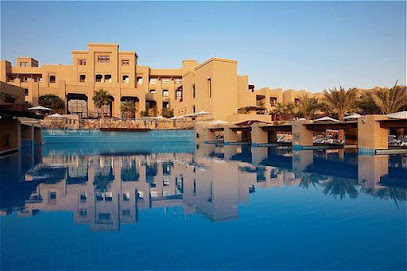
Hilton Dead Sea Resort & Spa
Discover luxury and relaxation at the Hilton Dead Sea Resort & Spa, where stunning views and rich culture meet world-class amenities.
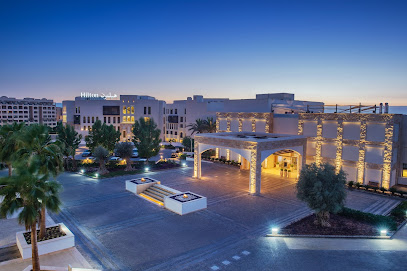
Ramada Resort by Wyndham Dead Sea
Experience ultimate relaxation at Ramada Resort by Wyndham Dead Sea, where luxury meets the healing waters of the world's saltiest lake.

Dead Sea Marriott Resort & Spa
Discover unparalleled luxury and relaxation at Dead Sea Marriott Resort & Spa, a perfect retreat by the world's most unique body of water.

Dead Sea Spa Resort
Discover the therapeutic bliss of the Dead Sea Spa Resort, where relaxation meets the unique mineral-rich waters of the Dead Sea.

Grand East Resort & Spa - Dead sea
Discover unparalleled luxury and wellness at Grand East Resort & Spa, your gateway to the stunning beauty of the Dead Sea.
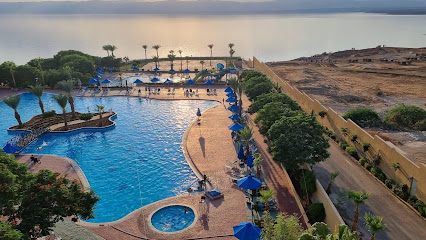
Dead Sea Museum
Discover the cultural and historical treasures of the Dead Sea Museum, a unique destination that merges nature with a rich heritage.
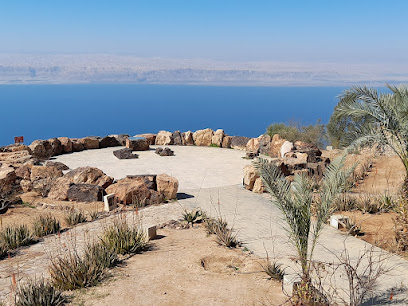
Buffalo Wings & Rings - Dead Sea
Enjoy delicious chicken wings and a vibrant sports bar atmosphere at Buffalo Wings & Rings by the beautiful Dead Sea.
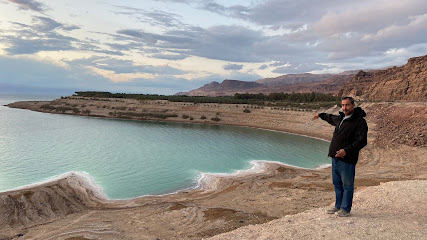
Wadi Mujib
Explore the stunning natural beauty and adventure activities of Wadi Mujib, a national reserve that offers a unique experience in Jordan's breathtaking landscapes.
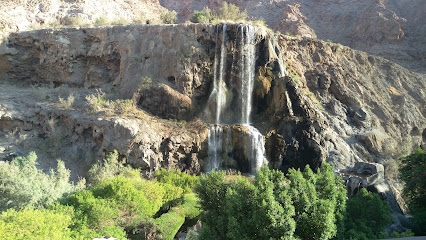
Unmissable attractions to see
Mahaneh Yehudah Market
Explore the vibrant Mahaneh Yehudah Market in Jerusalem, where local flavors, colorful stalls, and cultural experiences await every visitor.
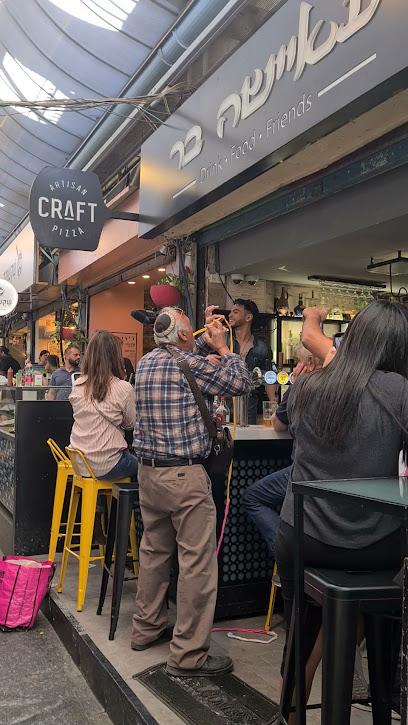
Masada National Park
Explore the ancient ruins and stunning views of Masada National Park, a UNESCO World Heritage Site rich in history and natural beauty.
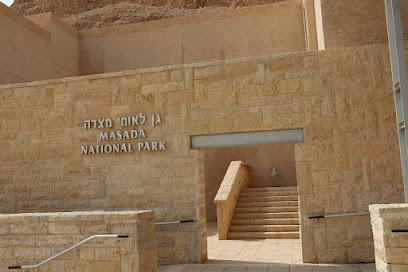
Church of the Holy Sepulchre
Explore the Church of the Holy Sepulchre, a cornerstone of Christian faith and a must-visit for spiritual seekers and history enthusiasts in Jerusalem.
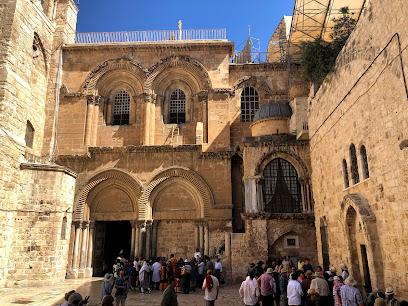
Al-Aqsa Mosque
Explore the majesty of Al-Aqsa Mosque, Jerusalem's spiritual heart, where history, architecture, and faith converge in a mesmerizing experience.
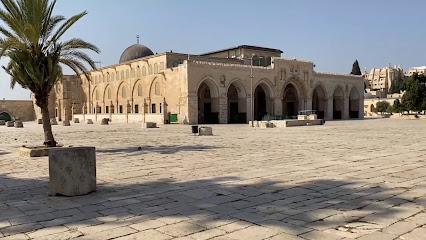
The First Station
Explore the vibrant atmosphere of The First Station in Jerusalem, a cultural destination filled with shops, restaurants, and events for every traveler.
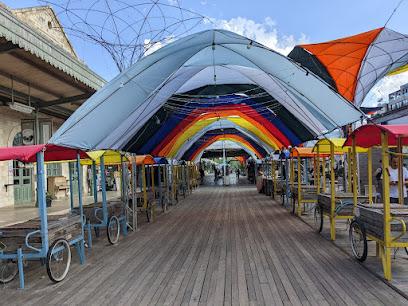
Yad Vashem
Discover Yad Vashem, Israel's poignant memorial to Holocaust victims, where history, reflection, and hope converge in a profound cultural experience.
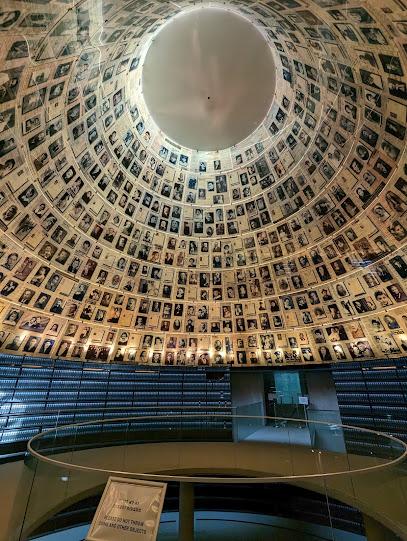
The Israel Museum, Jerusalem
Explore the rich history and vibrant art of The Israel Museum in Jerusalem, home to ancient artifacts and modern masterpieces that captivate every visitor.
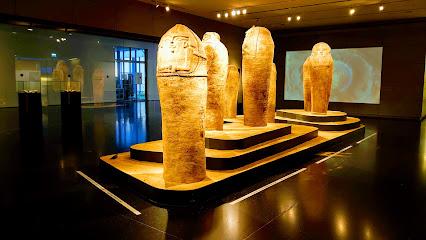
Gethsemane
Experience the tranquil beauty and spiritual importance of Gethsemane, a historic garden in Jerusalem's sacred landscape, steeped in history and serenity.
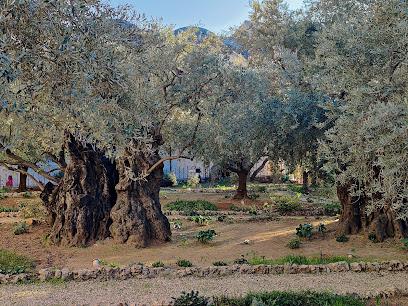
Ein Bokek beach
Discover the calming essence of Ein Bokek Beach, a breathtaking destination on the Dead Sea known for its therapeutic waters and stunning desert views.
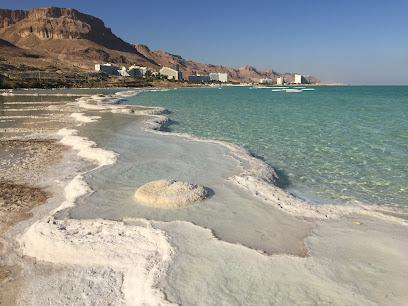
Sacher Park
Experience the beauty and tranquility of Sacher Park, Jerusalem's green oasis perfect for relaxation, recreation, and cultural events.
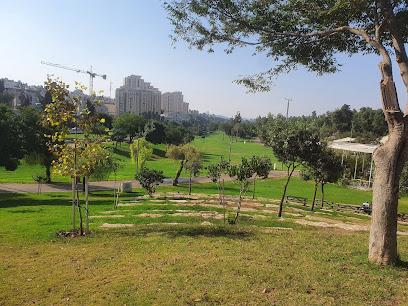
Church of the Nativity
Explore the Church of the Nativity in Bethlehem, a UNESCO World Heritage site and the birthplace of Jesus Christ, rich in history and spiritual significance.
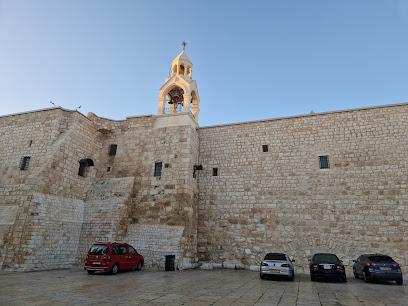
Zion Gate
Explore Zion Gate in Jerusalem, a historic entrance steeped in rich cultural heritage, offering a gateway to the city's most sacred sites.
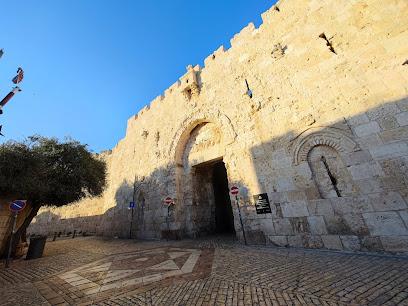
Tower of David
Discover Jerusalem's rich history at the Tower of David, a captivating museum and historical site offering stunning views and immersive exhibits.
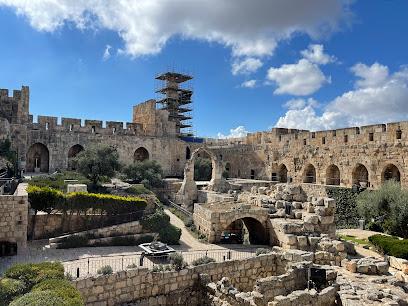
Damascus Gate
Explore the iconic Damascus Gate in Jerusalem, a majestic entryway rich in history and vibrant local culture, perfect for every traveler.
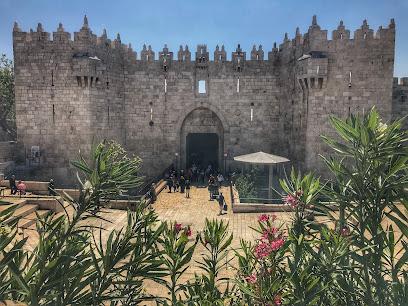
Kerak Castle
Discover the enchanting Kerak Castle, a historical gem in Jordan offering stunning views, rich history, and captivating architecture.
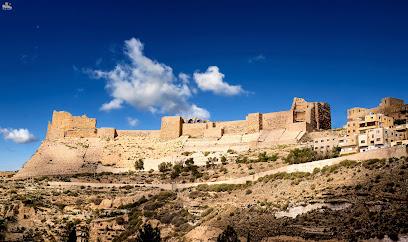
Essential places to dine
ביאנקיני - כפר נופש בצפון ים המלח
Experience luxury and relaxation at Biankini Resort by the Dead Sea with Moroccan cuisine and serene gardens.
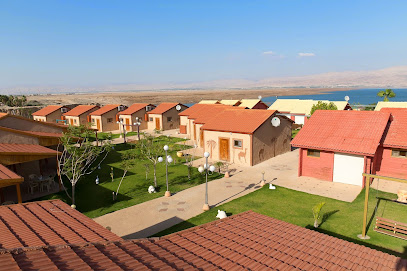
Taj Mahal
Discover the flavors of Middle Eastern cuisine at Taj Mahal in Ein Bokek – where every dish tells a story.
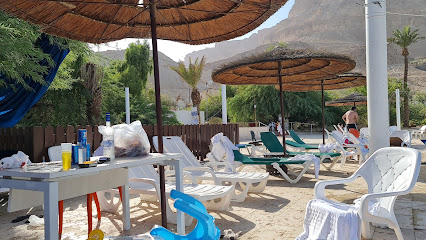
Dead Sea Museum
Explore history and science at the Dead Sea Museum - where ancient stories meet modern wonders along stunning shores.
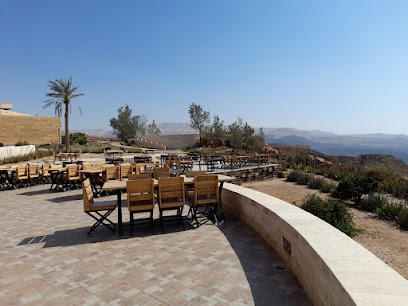
Buffalo Wings & Rings - Dead Sea
Experience delicious American cuisine at Buffalo Wings & Rings by the Dead Sea - where flavor meets breathtaking views.
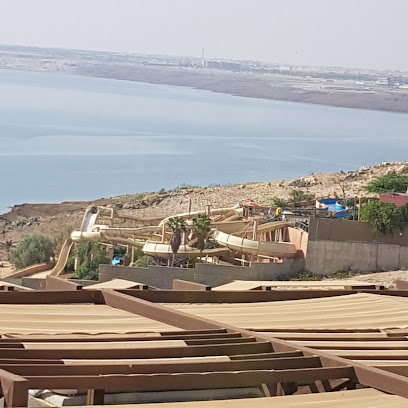
مطعم حارة جدودنا
Experience authentic Jordanian cuisine at مطعم حارة جدودنا in Madaba - a culinary treasure blending tradition with flavor.
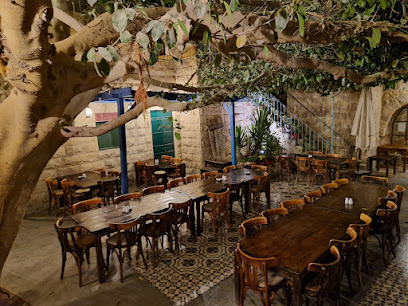
Chili Ways - Dead Sea
Experience delightful fast food at Chili Ways while enjoying stunning views of the Dead Sea – perfect for travelers looking for quick bites!
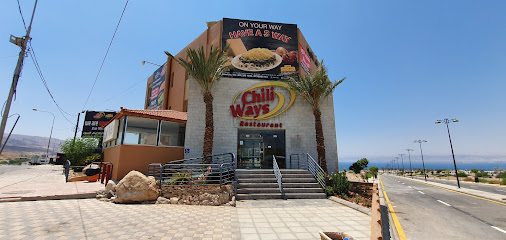
Ein Bokek Restaurant
Discover exquisite dining at Ein Bokek Restaurant near the Dead Sea – where local flavors meet international cuisine in a stunning setting.
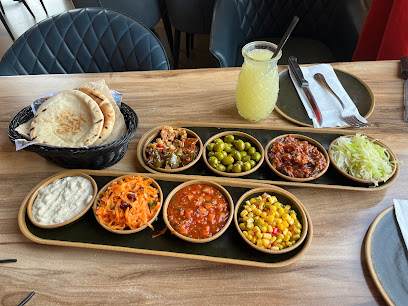
Elite Restaurant and Cafe
Discover exceptional flavors at Elite Restaurant and Cafe by the Dead Sea – where culinary excellence meets breathtaking views.
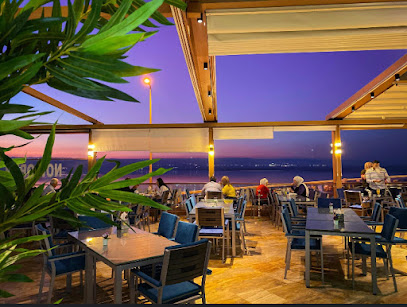
Last Chance
Experience exquisite flavors at Last Chance in Elmog—where culinary tradition meets modern innovation along Route 1.
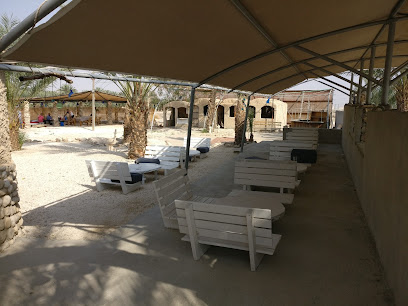
مطعم مراح سلامه Mrah Salameh Restaurant
Savor the essence of Jordanian flavors at Mrah Salameh Restaurant in Madaba – where tradition meets taste.
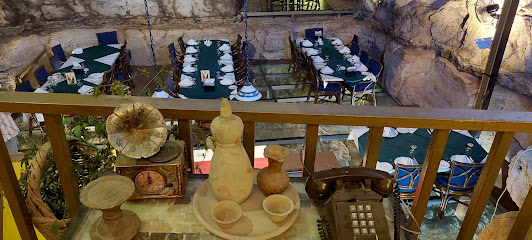
Rovers return
Discover the flavors of Jordan at Rovers Return - a delightful restaurant in Swemeh offering diverse cuisine and exceptional service.
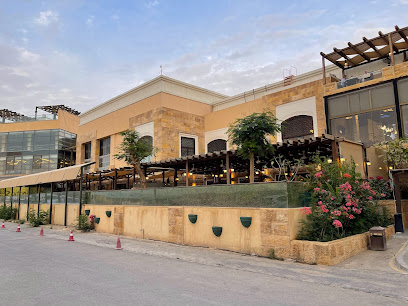
Beit Sweimeh بيت سويمة
Experience authentic Jordanian flavors at Beit Sweimeh – where culinary excellence meets breathtaking views in Swemeh.
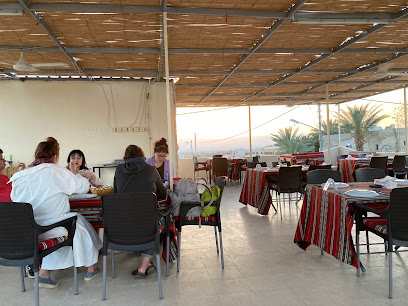
Ocean Dead Sea - مطعم المحيط
Experience exquisite dining at Ocean Dead Sea Restaurant with breathtaking views of the iconic Dead Sea while enjoying authentic Jordanian flavors.
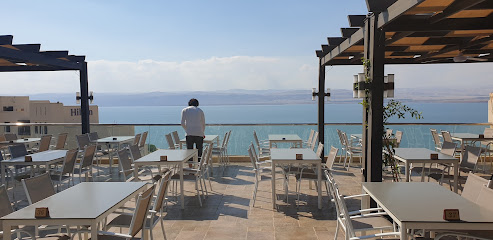
Cattleya Restaurant and Cafe
Discover culinary delights at Cattleya Restaurant and Cafe near the Dead Sea, offering exquisite dishes in a charming atmosphere.
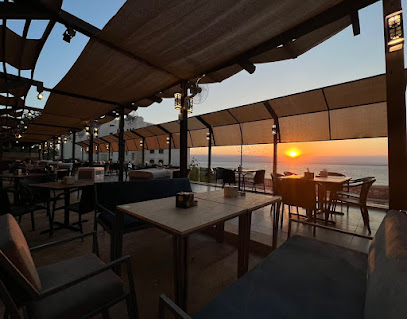
Burj Al Hamam Dead Sea
Experience exquisite Middle Eastern cuisine with breathtaking views at Burj Al Hamam on the shores of the Dead Sea.
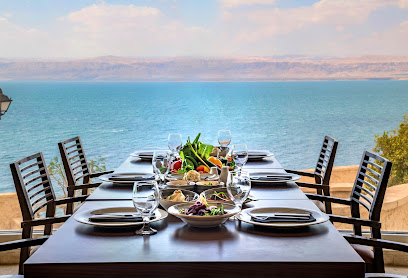
Markets, malls and hidden boutiques
Dead Sea Mall
Explore luxury shopping and unique Dead Sea products at the iconic Dead Sea Mall in Ein Bokek, Israel.
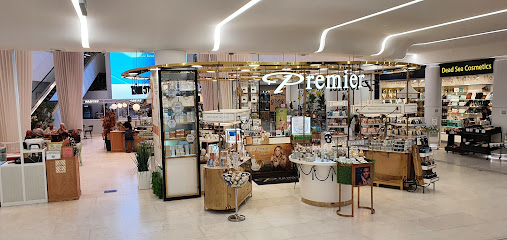
Samarah Mall
Discover the ultimate shopping experience at Samarah Mall, nestled by the stunning Dead Sea, offering retail therapy and delightful dining options.
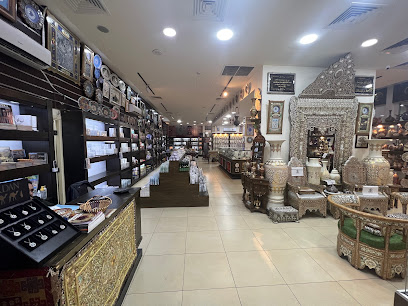
Dead Sea Museum
Explore the rich history and stunning beauty of the Dead Sea at the Dead Sea Museum, where culture meets nature.
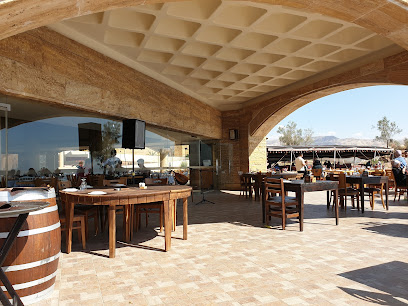
Cattleya Restaurant and Cafe
Discover the culinary delights of Cattleya Restaurant and Cafe at the Dead Sea – a perfect blend of flavor, ambiance, and cultural experience.
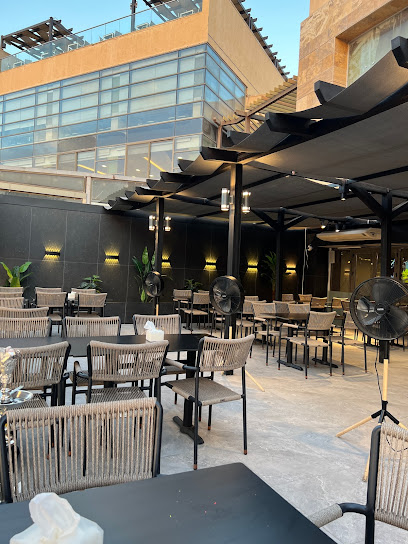
Nebo's Pearl
Discover unique handcrafted souvenirs at Nebo's Pearl in Madaba, where Jordanian artistry meets the charm of local culture.
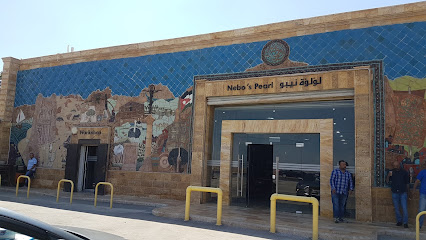
Pearl Of Jordan
Explore the Pearl of Jordan for unique souvenirs and authentic cultural treasures that embody the spirit of this beautiful country.
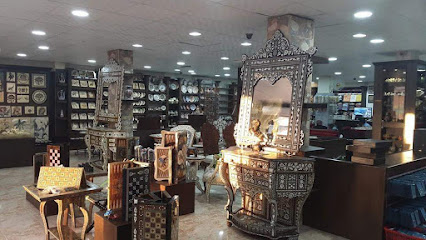
ابو همام
Experience the essence of Jordan with fresh produce and traditional snacks at Abu Hamam grocery store along the Jordan Valley Highway.
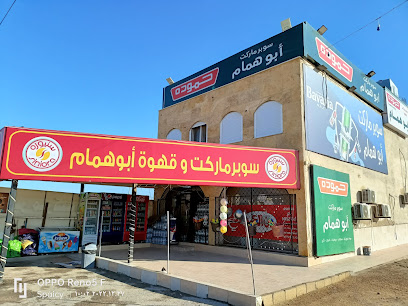
Dead Sea Levant Products
Discover unique skincare and wellness products from the Dead Sea at Dead Sea Levant Products, where local culture meets natural beauty.
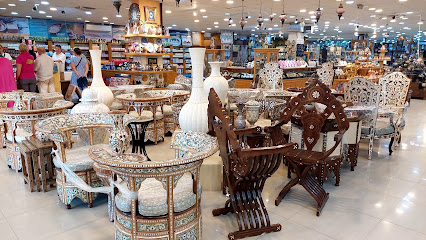
מרכז קניות הורדוס Hordus Shopping Center
Discover the Hordus Shopping Center at the Dead Sea: A perfect blend of shopping, dining, and relaxation in a stunning location.
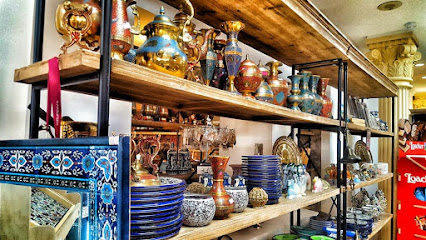
Zait &Zaatar supermarket
Explore the diverse flavors of Jordan at Zait & Zaatar Supermarket, where fresh produce and local specialties await every traveler.
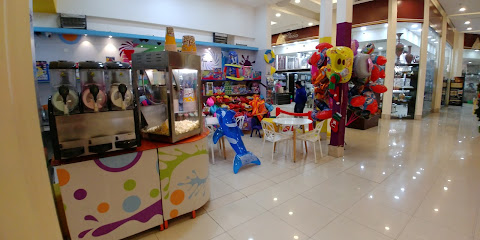
Mini Market (local grocery store)
Explore the rich flavors of Ein Gedi at the Mini Market, where local produce and friendly service await travelers and food enthusiasts alike.
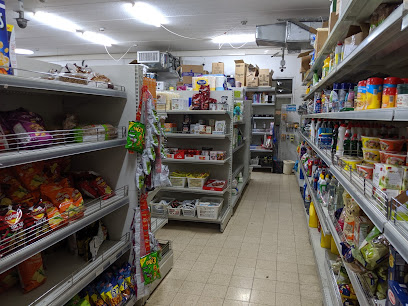
Dead Sea Treasures - Amman - Jordan
Explore Dead Sea Treasures in Amman for unique cosmetics and souvenirs that capture the essence of Jordan's natural beauty.
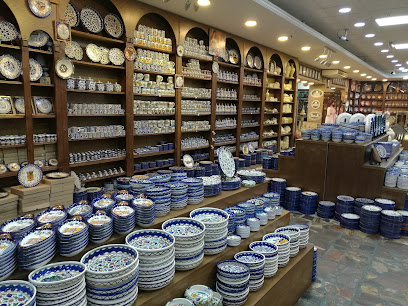
صيدليه روابي البحر الميت pharmacy rawabi dead sea
Discover essential health care at Pharmacy Rawabi Dead Sea, your trusted stop for wellness in the heart of Madaba.
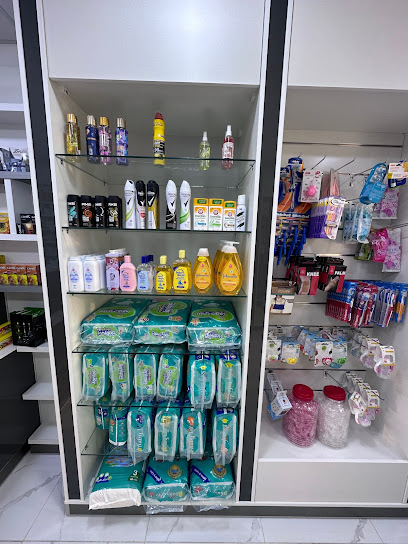
استراحة طريق البحر الميت
Discover tranquility at استراحة طريق البحر الميت, where stunning views and delicious coffee create the perfect retreat near the Dead Sea.
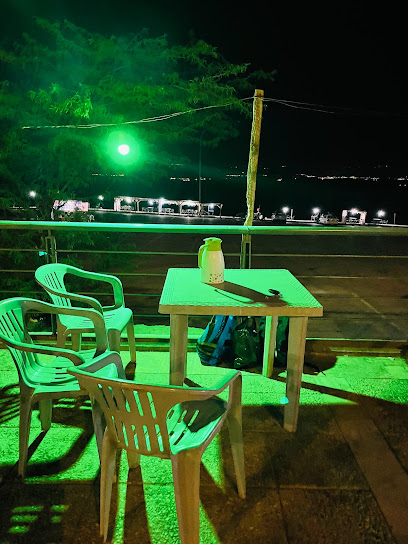
Made in Jordan
Explore the essence of Jordan at Made in Jordan, your destination for authentic handcrafted gifts and souvenirs that celebrate local culture.
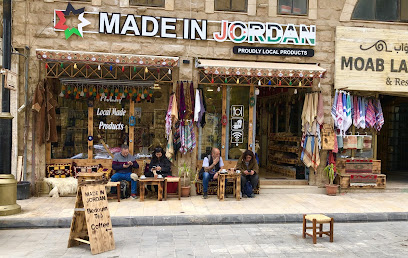
Essential bars & hidden hideouts
Buffalo Wings & Rings - Dead Sea
Experience American comfort food at its best with delicious wings, fast bites, and a lively sports bar atmosphere, all near the breathtaking Dead Sea.
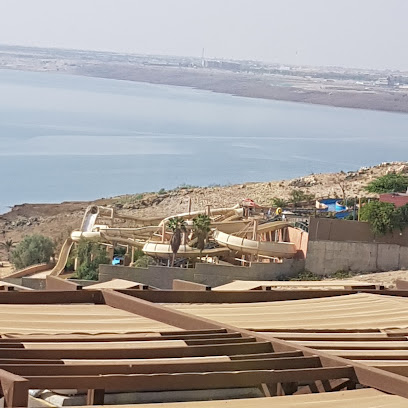
Rovers return
Discover a delightful dining experience at Rovers Return in Swemeh, where delicious cuisine meets a vibrant atmosphere for every taste.
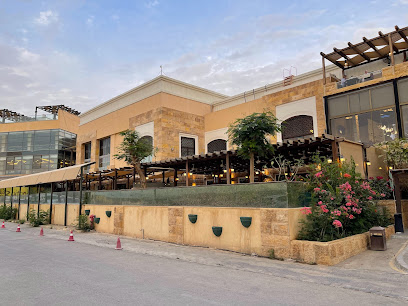
Amman Beach, Dead Sea , Jordan
Discover the serene beauty of Amman Beach at the Dead Sea, where you can float in therapeutic waters surrounded by breathtaking landscapes.
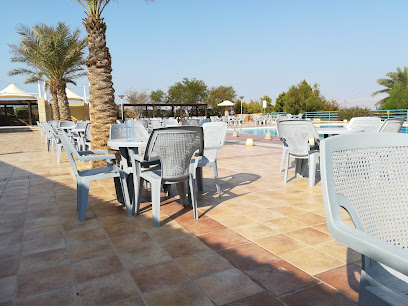
Lowest Bar in the World
Visit the Lowest Bar in the World at Kalia Beach and enjoy a unique drinking experience at the Dead Sea's lowest point.
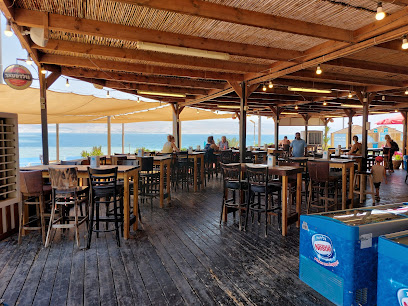
Burj Al Hamam Dead Sea
Discover the exquisite flavors and stunning views at Burj Al Hamam, the premier restaurant by the Dead Sea.
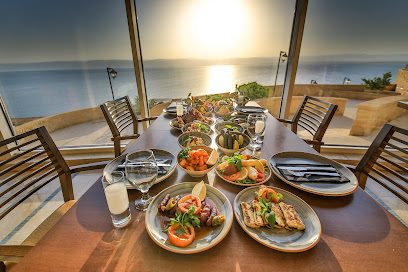
Dubliners Irish Pub & Restaurant
Discover the essence of Irish culture at Dubliners Irish Pub & Restaurant in Swemeh, where authentic cuisine meets vibrant entertainment.
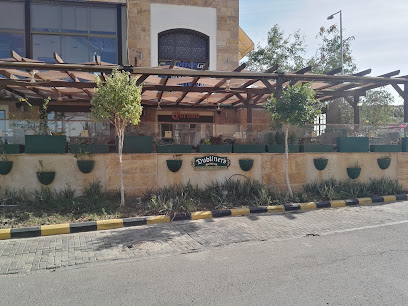
Brick Lane Restaurant Dead Sea
Experience exquisite dining at Brick Lane Restaurant Dead Sea, where local flavors meet stunning views of the world's saltiest body of water.
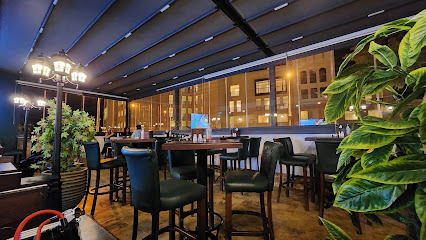
Valley Café & Bar
Discover relaxation and delightful flavors at Valley Café & Bar, a perfect spot by the iconic Dead Sea for every traveler.
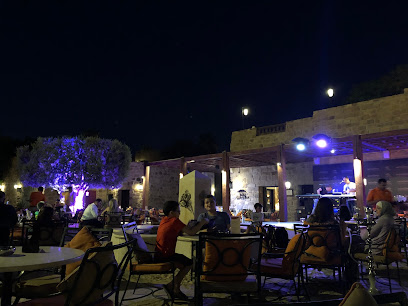
Champions Sports Bar & Restaurant
Discover Champions Sports Bar & Restaurant, where American cuisine meets the stunning views of the Dead Sea for a memorable dining experience.
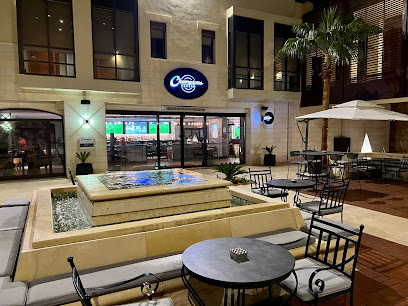
IL Terrazzo Restaurant
Experience the essence of Italy at IL Terrazzo Restaurant, where breathtaking views meet authentic culinary delights by the Dead Sea.
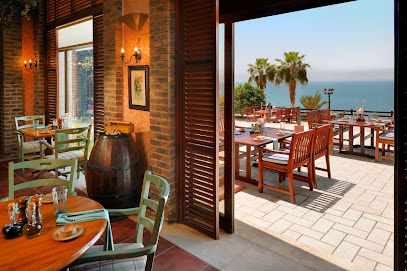
Ambrosia Restaurant Dead Sea
Savor exquisite buffet dining overlooking the stunning Dead Sea at Ambrosia Restaurant in Crowne Plaza Jordan.
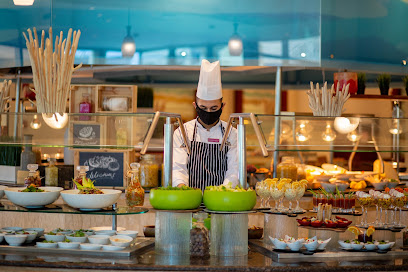
Rabbel Lounge & Bar
Discover the charm of Rabbel Lounge & Bar on the Dead Sea Road, where relaxation meets exquisite dining and stunning views.
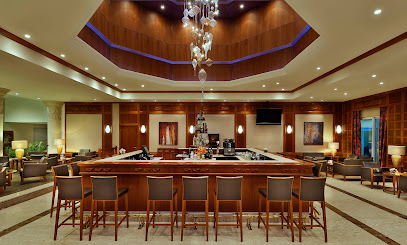
El Grito Restaurant & Pool Bar
Experience exquisite dining at El Grito Restaurant & Pool Bar with breathtaking views of the Dead Sea and a menu full of local and international delights.
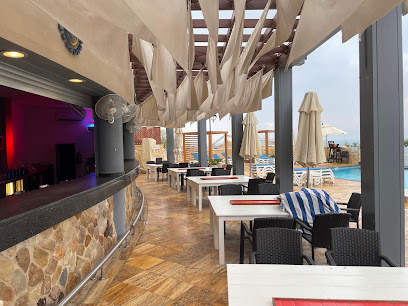
Al Khayyam Bar and Al Hana Lounge
Indulge in luxury and breathtaking views at Al Khayyam Bar and Al Hana Lounge by the Dead Sea, where relaxation meets exquisite dining.
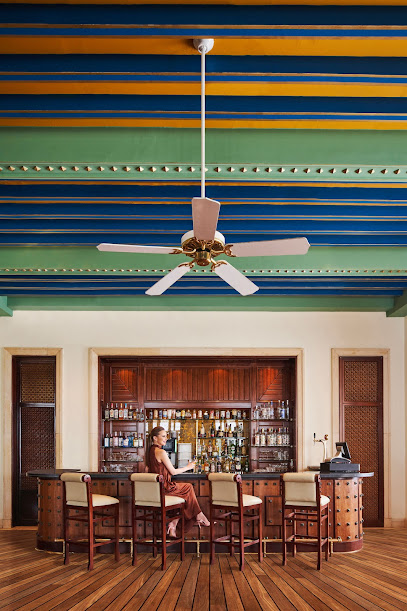
Travel experiences inspired by this city
Explore more travel diariesLocal Phrases
-
- Helloمرحبا
[marhaban] - Goodbyeوداعا
[wadaean] - Yesنعم
[naam] - Noلا
[laa] - Please/You're welcomeمن فضلك
[min fadlik] - Thank youشكرا
[shukran] - Excuse me/Sorryعذرا
[aadhara] - How are you?كيف حالك؟
[kayfa halik?] - Fine. And you?بخير. وأنت؟
[bikhayr. wa'ant?] - Do you speak English?هل تتحدث الإنجليزية؟
[hal tatahadath al'iinjilizia?] - I don't understandأنا لا أفهم
[ana la afham]
- Helloمرحبا
-
- I'd like to see the menu, pleaseأريد أن أرى القائمة، من فضلك
[uridu an ara alqa'imah, min fadlik] - I don't eat meatأنا لا آكل اللحم
[ana la aakulu allahm] - Cheers!في صحتك!
[fi sahhtik!] - I would like to pay, pleaseأريد أن أدفع، من فضلك
[uridu an adfa', min fadlik]
- I'd like to see the menu, pleaseأريد أن أرى القائمة، من فضلك
-
- Help!النجدة!
[alnajdah!] - Go away!اذهب بعيدا!
[idhab baeedan!] - Call the Police!اتصل بالشرطة!
[aitisal bialshurta!] - Call a doctor!اتصل بطبيب!
[aitisal bitabib!] - I'm lostلقد ضللت
[laqad dhillat] - I'm illأنا مريض
[ana mareed]
- Help!النجدة!
-
- I'd like to buy...أريد أن أشتري...
[uridu an ashtari...] - I'm just lookingأنا فقط أتفرج
[ana faqat atafarraj] - How much is it?بكم؟
[bi kam?] - That's too expensiveهذا غالي جدا
[hatha ghali jiddan] - Can you lower the price?هل يمكنك خفض السعر؟
[hal yumkinuka khafd alsiar?]
- I'd like to buy...أريد أن أشتري...
-
- What time is it?كم الساعة؟
[kam alsaeah?] - It's one o'clockالساعة الواحدة
[alsaeah alwahidah] - Half past (10)العاشرة والنصف
[alashirah walnisf] - Morningالصباح
[alsabah] - Afternoonالعصر
[alaasr] - Eveningالمساء
[almasaa] - Yesterdayأمس
[ams] - Todayاليوم
[alyawm] - Tomorrowغدا
[ghadan] - 1واحد
[wahid] - 2اثنان
[ithnan] - 3ثلاثة
[thalathah] - 4أربعة
[arbaah] - 5خمسة
[khamsah] - 6ستة
[sittah] - 7سبعة
[sabah] - 8ثمانية
[thamania] - 9تسعة
[tisah] - 10عشرة
[asharah]
- What time is it?كم الساعة؟
-
- Where's a/the...?أين...؟
[ayn...?] - What's the address?ما هو العنوان؟
[ma huwa al'uanan?] - Can you show me (on the map)?هل يمكنك أن تريني (على الخريطة)؟
[hal yumkinuka 'an tureeni (ala alkharitah)?] - When's the next (bus)?متى القادم (الحافلة)؟
[mata alqadim (alhafilah)?] - A ticket (to ....)تذكرة (إلى....)
[tadhkirah (ila....)]
- Where's a/the...?أين...؟
History of Dead Sea
-
The Dead Sea region holds immense biblical significance. It is located near the ancient cities of Sodom and Gomorrah, which, according to the Bible, were destroyed by divine judgment. The area is also referenced in the story of Lot's wife, who turned into a pillar of salt. These events have made the Dead Sea a place of pilgrimage for many religious followers.
-
The Dead Sea has been a critical area for ancient trade routes. Its location made it a significant point of interest for caravans traveling between the Arabian Peninsula and the Mediterranean. The rich deposits of salt and minerals from the Dead Sea were highly valued commodities in the ancient world, contributing to the area's economic importance.
-
Herod the Great, the Roman client king of Judea, constructed several fortresses in the region, the most famous being Masada. Located on a plateau overlooking the Dead Sea, Masada became a symbol of Jewish resistance against Roman occupation. The site is now a UNESCO World Heritage Site and continues to attract visitors interested in its historical and archaeological significance.
-
During the Roman era, the Dead Sea was known as 'Lacus Asphaltites' because of its deposits of asphalt, which were used for waterproofing and embalming. The Romans capitalized on the region's natural resources, establishing a thriving trade in bitumen and other minerals. Roman baths and aqueducts found in the area highlight the empire's influence on local infrastructure.
-
In the Byzantine period, the area around the Dead Sea became a center for Christian monasticism. Monks and hermits established monasteries and retreats, seeking solitude and spiritual fulfillment. The remains of these ancient monastic settlements, such as the Monastery of Saint George in Wadi Qelt, provide a glimpse into the ascetic lifestyle that once thrived here.
-
The Dead Sea has been a subject of scientific curiosity for centuries. Modern scientific exploration began in the 19th century with expeditions led by researchers like W.F. Lynch of the U.S. Navy. These studies have provided valuable insights into the unique chemical composition and environmental conditions of the Dead Sea, contributing to our understanding of this extraordinary natural wonder.
-
In the 20th century, the Dead Sea region saw significant development, particularly in the areas of tourism and health resorts. The mineral-rich waters and mud of the Dead Sea have been recognized for their therapeutic properties, attracting visitors from around the world. The establishment of hotels, spas, and research facilities has transformed the area into a major destination for wellness and medical tourism.
Dead Sea Essentials
-
The Dead Sea is located in Jordan, approximately 60 kilometers southwest of Amman, the capital city. The nearest international airport is Queen Alia International Airport (AMM) in Amman. From the airport, you can take a taxi, rent a car, or use a shuttle service to reach the Dead Sea area. The journey typically takes around 1 to 1.5 hours by road. Public buses also operate from Amman to the Dead Sea, offering a more budget-friendly option.
-
Within the Dead Sea area, most hotels and resorts offer shuttle services to nearby attractions. Taxis are readily available but can be expensive, so it's advisable to negotiate the fare beforehand. Renting a car is a convenient option for exploring at your own pace. There are also organized tours that provide transportation to various points of interest around the Dead Sea.
-
The official currency in Jordan is the Jordanian Dinar (JOD). Credit cards are widely accepted in hotels, restaurants, and major shops. However, it's advisable to carry some cash for smaller establishments and tips. ATMs are available in the Dead Sea area, but it’s wise to withdraw cash in Amman before heading to the Dead Sea to ensure you have sufficient funds.
-
The Dead Sea area is generally safe for tourists. However, it's important to take standard precautions. Avoid walking alone at night in unfamiliar areas and keep an eye on your belongings, especially in crowded places. There are no specific high-crime areas targeting tourists, but always remain vigilant and aware of your surroundings.
-
In case of emergency, dial 911 for immediate assistance. The local police station and medical facilities are available in the Dead Sea area. It is recommended to have travel insurance that covers medical emergencies. For minor health issues, there are pharmacies where you can purchase over-the-counter medications.
-
Fashion: Do dress modestly, especially when visiting religious sites and public areas. Avoid wearing revealing clothing. Religion: Do respect local customs and traditions. Be mindful of prayer times and avoid loud behavior. Public Transport: Do be respectful and give up your seat to elderly passengers. Don't eat or drink on public transport. Greetings: Do greet people with a handshake. A smile and a friendly greeting are always appreciated. Eating & Drinking: Do try local delicacies and accept food offerings graciously. Don't refuse hospitality, as it is considered impolite.
-
To experience the Dead Sea like a local, visit the local markets where you can buy fresh produce and traditional Jordanian goods. Engage with locals, as they are often friendly and willing to share stories about the area's history and culture. Don't miss visiting the nearby Mujib Nature Reserve for hiking and adventure activities. Floating in the Dead Sea and covering yourself with its mineral-rich mud is a must-try experience.
Trending Landmark in Dead Sea
-
Masada National Park
-
Amman Citadel
-
Crowne Plaza Jordan - Dead Sea Resort & Spa, an IHG Hotel
-
Kempinski Hotel Ishtar Dead Sea
-
Kerak Castle
-
Ma'in Hot Springs
-
Holiday Inn Resort Dead Sea
-
Hilton Dead Sea Resort & Spa
-
Ramada Resort by Wyndham Dead Sea
-
Dead Sea Marriott Resort & Spa
-
Dead Sea Spa Resort
-
Grand East Resort & Spa - Dead sea
-
Dead Sea Museum
-
Buffalo Wings & Rings - Dead Sea
-
Wadi Mujib
Nearby Cities to Dead Sea
-
Things To Do in Ein Gedi
-
Things To Do in Masada
-
Things To Do in Bethlehem
-
Things To Do in Jerusalem
-
Things To Do in Madaba
-
Things To Do in Kerak
-
Things To Do in Modi'in
-
Things To Do in Salt
-
Things To Do in Amman
-
Things To Do in Beersheba
-
Things To Do in Tafilah
-
Things To Do in Ashdod
-
Things To Do in Holon
-
Things To Do in Ramat Gan
-
Things To Do in Hod Hasharon












